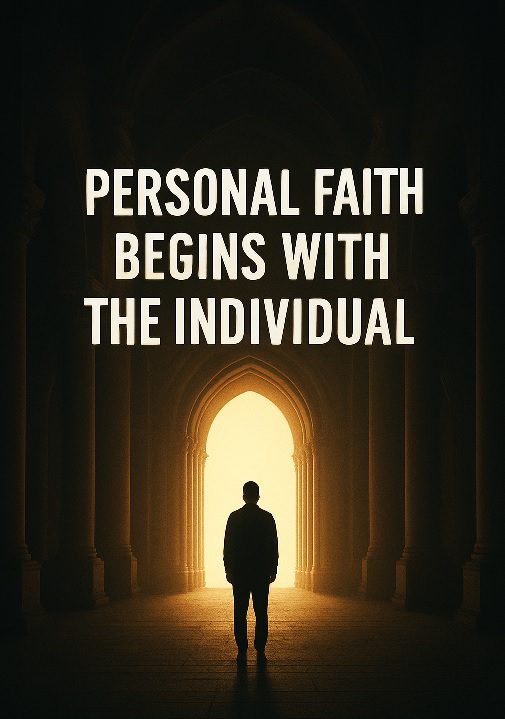Who Are the Real Followers of Jesus Today? Rethinking Faith Beyond Labels
If you think social following began with Instagram, think again. Jesus had followers long before hashtags. But not all of them were the same — and maybe that’s where our modern confusion about faith and spirituality began.

In his time, some followed him for truth, while others followed for miracles, food, or spectacle. The difference was simple: a few sought transformation; many sought transaction.
Fast-forward two thousand years, and not much has changed.
Today, we still call ourselves followers of Jesus — but the word “follow” has become more symbolic than spiritual.
Churches are full, social media overflows with sermons, and yet true Christlike behavior seems rarer than ever.
This is where modern faith and spirituality often clashes with outward appearance.
The Two Types of Followers
Then, as now, there are two groups:
- Those who live by Jesus’ principles — humility, compassion, forgiveness, and truth.
- Those who admire him outwardly but contradict his spirit in private.
The first group is quiet — ordinary people who live honestly, give generously, and walk humbly. The second group is louder — posting, preaching, and performing — but often without the Holy Spirit they claim to carry. Titles mean little when actions betray the message.
Following Jesus vs. Following His Teachings
We no longer follow Jesus physically. We follow his teachings. And that’s exactly what he wanted.
He never confined his message to one religion or culture. He moved freely from town to town, teaching anyone willing to listen. His truths — mercy, justice, humility, and love — were universal.
That means anyone — even a Muslim, Hindu, Buddhist, or agnostic — can embrace his teachings through contemporary spirituality without changing their label. Why not? The principles of compassion, forgiveness, and peace are not exclusive trademarks of Christianity; they’re the essence of divine humanity.
The Kingdom Life Jesus Taught
Jesus often spoke of “the Kingdom of God” — not as a distant heaven, but as a way of living here and now.
He described it as a life filled with love, peace, joy, and righteousness through the Holy Spirit.
It wasn’t about walls, wars, or membership cards — it was about inner transformation.
To live the Kingdom life is to let God’s nature shape your everyday choices:
- To love even when it’s hard.
- To forgive even when it’s unfair.
- To live with spiritual peace in a chaotic world.
- To find joy not in possessions, but in purpose.
That’s what the Kingdom looks like — heaven reflected in human behavior.
Now, ask yourself:
Would this message offend a Muslim, Hindu, or Buddhist?
Would teaching people to live with love, peace, and joy start a war?
Of course not. It’s the kind of message that unites, not divides. It’s religion that built fences — not Jesus.
The Misunderstanding of “Saved”
Modern Christianity often reduces being “saved” to saying certain words or belonging to a specific group. But Jesus was more interested in the transformation of the heart, which is central to modern faith and spirituality.
If love, compassion, and integrity are missing, then salvation hasn’t yet reached the soul — no matter what’s written on the membership card. True followers are not identified by their denomination or dogma, but by the quiet consistency of their compassion.
A Call for Clarity and Honesty
We need to be clear about what it means to “follow Jesus.”
It’s not about quoting verses or wearing crosses. It’s about living what he taught: kindness, justice, truth, humility, and peace.
If Jesus returned today, he might scroll through our timelines and say,
“You follow me online, but not in life.”
The world doesn’t need more religious influencers — it needs more people who reflect divine character in action through faith in the 21st century and a commitment to contemporary spirituality.
🕊 Takeaway:
Whether you’re Christian, Muslim, Hindu, Buddhist, or none of the above — if you live with truth, love, peace, and joy through a spirit of humility, you’re already walking closer to the Kingdom life Jesus described.
Faith isn’t about what you profess. It’s about what you practice.
Heaven isn’t just a place you go to —It’s a life you live now, fully immersed in modern faith and spirituality.






